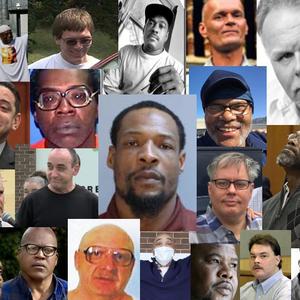Professsors Saundra Westervelt and Kimberly Cook of the University of North Carolina recently published a study entitled “Coping with Innocence After Death Row.” The study appeared in “Contexts” published by the American Sociological Association. The authors studied the lives of 18 innocent men and women exonerated from death row. The unique research uncovers the difficulty the exonerees have had in adapting to life outside of prison without the process of “delabeling,” or recognition of their innocence by society.
“Frequently, community members still see them as guilty criminals who ‘beat the system,’” noted the authors. One exoneree often found “child killer” written in the dirt on his truck, and neighbors told another exoneree’s children that their mother was “a babykiller.” The study explores the coping strategies and continued struggles of those who had been exonerated.
(S. Westervelt, K. Cook, “Coping with Innocence After Death Row,” 7 Contexts 32 – 37 (Fall 2008, American Sociological Association). See Innocence and Studies.
Innocence
Nov 20, 2024

Texas Supreme Court Rules that a New Execution Date Can be Set for Robert Roberson
Innocence
Oct 23, 2024
